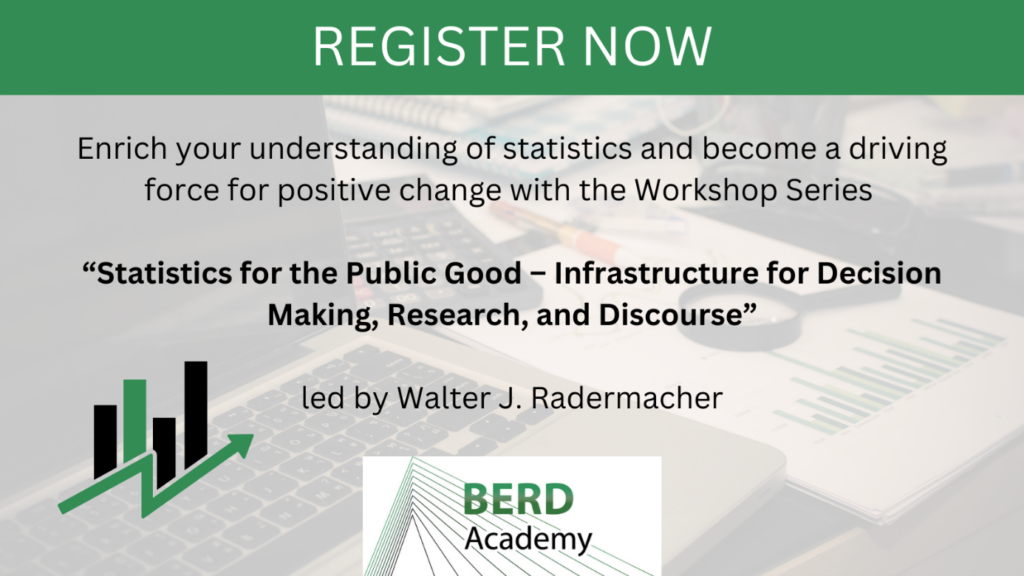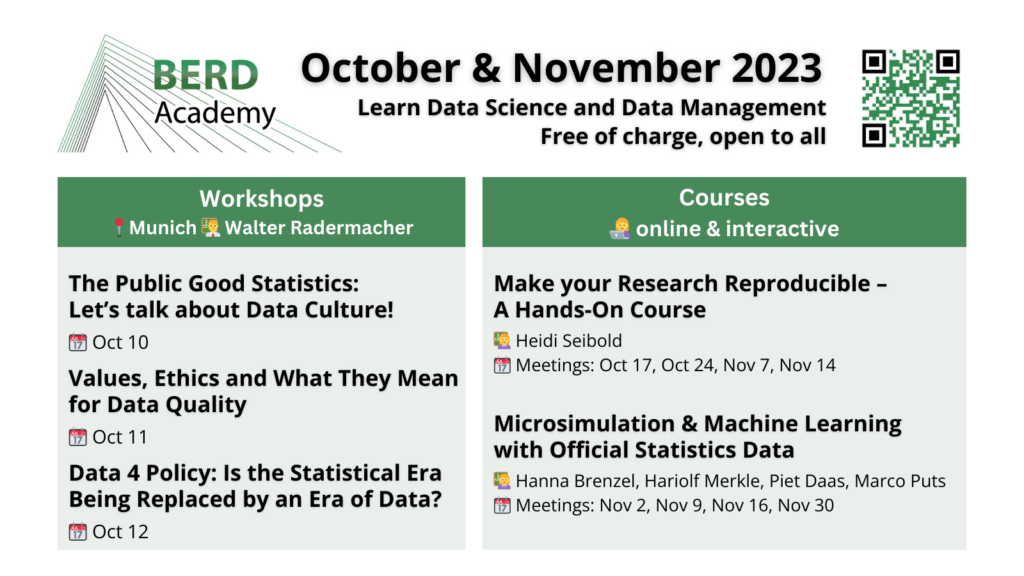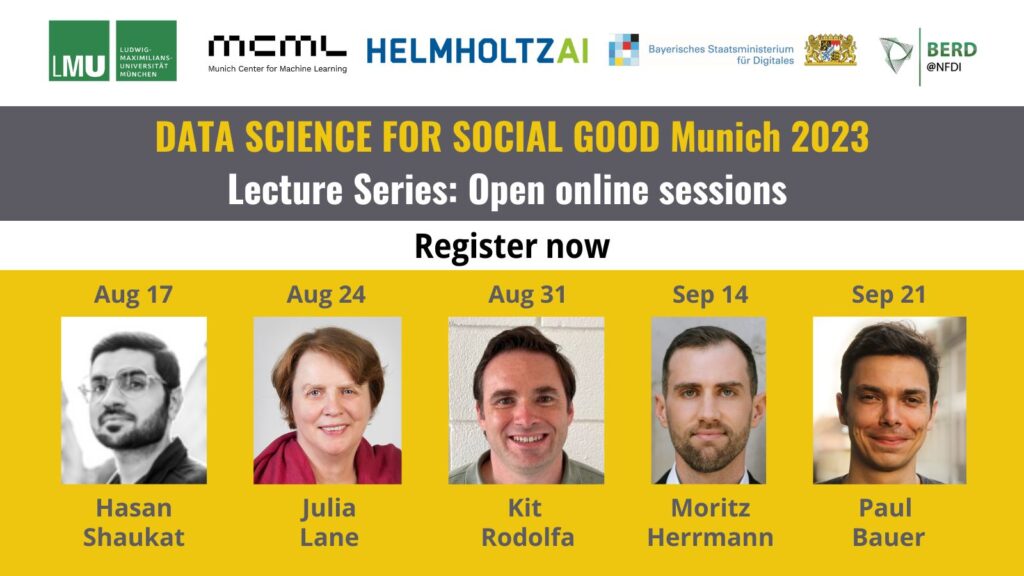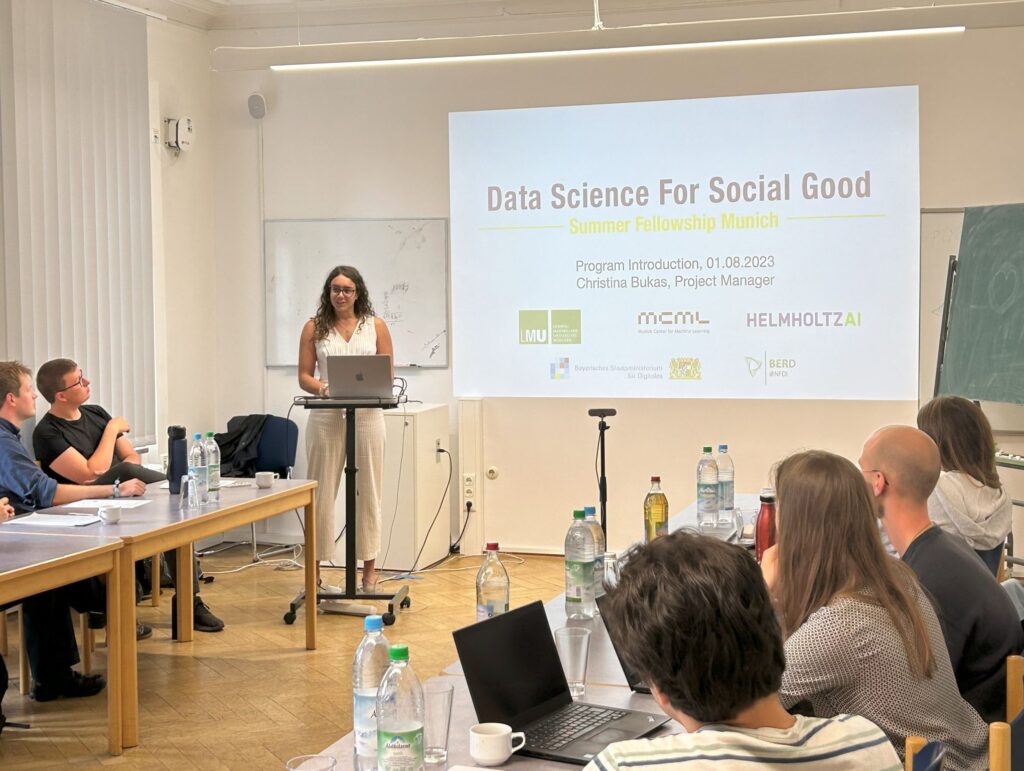Eine Webinar-Reihe zur European Open Science Cloud (EOSC), zu Zielen, Zukunftsperspektiven und Beteiligungsmöglichkeiten
Die Europäische Open Science Cloud (EOSC) ist eine wegweisende Initiative, die darauf abzielt, einen integrativen und offenen Raum für den Austausch und die Nutzung von Forschungsdaten in Europa zu schaffen.
Drei kostenfreie EOSC Coffee Lectures der ZBW vermitteln Klarheit darüber, was die EOSC ist und was sie nicht ist, stellen den aktuellen Stand sowie relevante Entwicklungen im Zusammenhang der EOSC vor und zeigen auf, wie man sich in die Aktivitäten der EOSC einbringen kann.
Die EOSC Coffee Lectures laden alle ein, die sich in ihrer wissenschaftlichen Tätigkeit mit Forschungsdaten befassen oder an der Umsetzung und dem Betrieb von Forschungsdateninfrastrukturen beteiligt sind.
Die Coffee Lectures werden gehalten von Prof. Dr. Klaus Tochtermann. Prof. Dr. Klaus Tochtermann ist unter anderem Mitglied im Board of Directors der EOSC Association (EOSC-A), Co-Sprecher von BERD@NFDI und Mitglied im NFDI-Senat.
1. EOSC Coffee Lecture:
“Was ist die EOSC und welche Ziele verfolgt sie?”
Datum: Dienstag, 30. Januar 2024
Uhrzeit: 16:00-17:00
Inhalte:
- Entstehungsgeschichte der EOSC
- Klärung: Was ist die EOSC (und was ist sie nicht)
- Ziele und Nicht-Ziele der EOSC
- Governance-Struktur der EOSC
- Zeitplan zur Implementierung der EOSC
2. EOSC Coffee Lecture:
“Wo steht die EOSC heute und welche Zukunftsperspektiven gibt es?”
Datum: Dienstag, 27. Februar 2024
Uhrzeit: 16:00-17:00
Inhalte:
- Aktuelle Entwicklungen um die EOSC
- Zukünftig relevante Konzepte der EOSC, wie EOSC EU Node, national, regional thematic EOSC nodes
- Stand der Diskussionen zur EOSC im 10. EU-Rahmenprogramm ab 2027 (EOSC-post 2027)
- Mögliche Rolle der NFDI in der EOSC-post 2027
3. EOSC Coffee Lecture:
“Welche Möglichkeiten zur Beteiligung gibt es?”
Datum: Dienstag, 26. März 2024
Uhrzeit: 16:00-17:00
Inhalte:
- Bedeutung der deutschen Beteiligung an Entwicklungen der EOSC
- Möglichkeiten zur Beteiligung an der EOSC
- Ausblick auf relevante Aktivitäten und Veranstaltungen 2024






